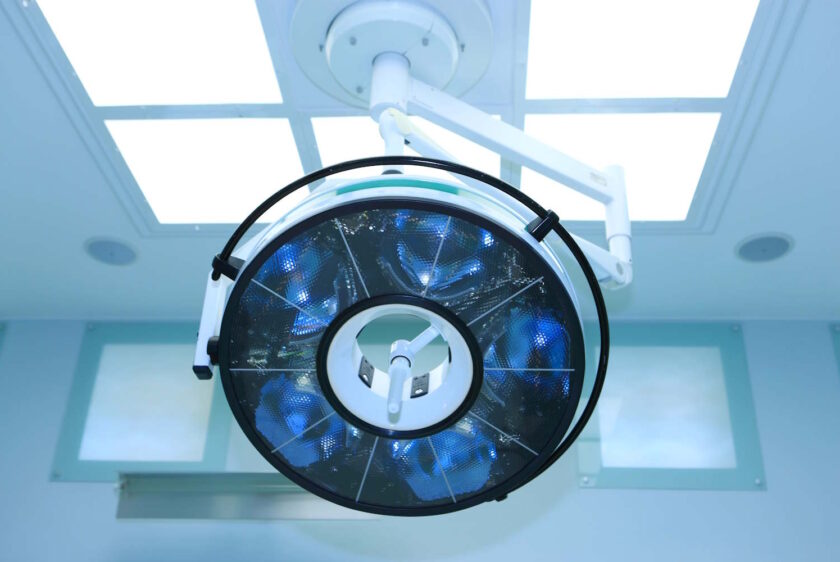Film and TV Studios Equipment Recycling in Georgia Film and television studios depend on specialized equipment to capture visuals and audio. As new technology emerges, older lighting systems, sound gear, and cameras accumulate quickly. These devices often contain hazardous components or embedded data, making improper disposal a threat to both safety and security. Responsible recycling safeguards creative assets, supports environmental protection, and promotes sustainability across production workflows. Home Industries We Serve Banking Healthcare Schools & Universities Military & Government Aerospace Entertainment Hospitality FREE E-Waste Pickup & Disposal Dispose of outdated cameras, editing systems, and production gear with secure e-waste pickup and disposal tailored for film and TV studios. Get a Quote Schedule a Pickup Items We Accept info@equiprecycling.com (866) 966-4574 How Equip Recycling Supports Lighting Waste Management We help studios close the loop on lighting waste with a safe, efficient, and sustainable approach. Our team manages the entire process, offering key services such as: Secure removal and transport Hazardous material extraction Recycling and recovery of usable components The result is a straightforward workflow with long-term benefits for your production and the planet. Why Partner with Equip Recycling? Equip Recycling helps creative professionals retire outdated electronics with confidence. We deliver secure, sustainable, and accredited e-waste solutions designed for fast-paced production environments. We assess equipment for resale or refurbishment and safely dismantle the rest, recovering reusable materials while minimizing environmental impact. Partner with Equip Recycling to protect your creative assets, streamline e-waste management, and meet your sustainability goals. Lighting Recycling in Film Production Lighting sets the mood in every shot, from stark silhouettes in tense scenes to gentle glows that soften the frame. While natural light can elevate specific moments, most productions rely on powerful artificial systems to maintain consistent visuals across different takes and locations. Legacy Lighting Comes with Environmental Costs Traditional lighting fixtures such as incandescent, halogen, and certain HID lamps are inefficient and short-lived. These systems produce excessive heat and contain hazardous substances including mercury and lead. Once retired, they add to a growing waste stream made up of glass, metal housings, and toxic components. Mercury from a single bulb can contaminate thousands of gallons of water if not properly handled. When discarded in landfills, these materials can leach into soil and water, causing long-term environmental harm. Lighting Waste: A Significant but Overlooked Stream Lighting waste contributes significantly to electronic waste but is often overlooked in sustainability planning. Retired fixtures contain recyclable materials such as glass, aluminum, and copper, along with hazardous substances like mercury and lead. Without proper handling, these components can contaminate soil and water and cause long-term environmental damage. Responsible recycling helps studios meet sustainability goals through the following efforts. Reducing hazardous waste exposure Reducing hazardous waste exposure Supporting industry-wide environmental initiatives A spent fixture is more than just scrap. It can become a pollutant or a reclaimed part of the next production set. Sustainable Production Begins Behind the Scenes As more productions embrace sustainable filmmaking, lighting waste is gaining overdue attention as a critical part of the environmental equation. Reducing its footprint supports broader efforts to lower emissions, recover valuable materials, and align with sustainability goals across the film and television industry. What may seem like a spent fixture could become either a pollutant or a reclaimed resource for future productions. Responsible Disposal and Recycling of Sound Recording and Audio Equipment Sound equipment plays a vital role in film production, but as technology evolves, studios frequently upgrade their gear. This leaves older microphones, mixers, and transmitters unused or discarded. Improper disposal of these devices poses serious environmental risks. Outdated audio equipment often contains hazardous materials such as lead, cadmium, and mercury. If thrown away carelessly, these toxins can leach into soil and water, harming ecosystems and human health. Components like circuit boards, batteries, and metal housings also contribute to the growing e-waste stream. Equip Recycling specializes in retiring legacy audio gear through a secure and sustainable process Free on-site pickup and secure transport Careful disassembly and recovery of reusable parts Secure handling of hazardous components to prevent environmental harm Whether replacing a few items or upgrading an entire studio, our team ensures your retired sound equipment is processed with the same precision it once delivered in production. Camera Recycling in Sustainable Film Production As filmmaking shifts from analog to digital, outdated cameras and accessories continue to pile up, creating both environmental and data security risks. Many devices contain lithium batteries, rare metals, and internal storage that, if mishandled, can lead to pollution, data breaches, and wasted resources. We provide responsible electronics recycling designed for the film and media industry. Our process includes the following below. Serialized intake and full chain-of-custody tracking Refurbishment and resale of reusable components when viable Responsible dismantling of non-functional gear, with materials like aluminum, copper, and e-plastics routed to accredited downstream recyclers From vintage camcorders to retired DSLRs, we ensure each device is recycled securely and sustainably. This approach maximizes reuse and minimizes environmental impact. Embracing Innovation with Responsible E-Waste Recycling Creative industries thrive on constant innovation, but rapid upgrades leave behind a growing inventory of outdated gear such as cameras, mixers, drives, and monitors. Without proper disposal, this equipment poses environmental and security risks. Batteries and circuit boards can release toxins into the environment. Storage devices may retain unreleased footage, production metadata, or proprietary content, making careless disposal a threat to both ecosystems and intellectual property. Equip Recycling helps studios and media professionals manage e-waste securely and responsibly. Our services include: On-site pickup with serialized intake for full traceability Documentation to support ESG reporting and audits Customized workflows for film, audio, and post-production environments We follow federal and state environmental regulations along with industry-specific standards for data protection and hazardous waste handling. Whether upgrading a few devices or overhauling an entire studio, our team ensures legacy gear is retired with precision and care. We are dedicated to providing customized service, environmentally sustainable practices, and secure data destruction. With free e-waste pickup and 30-day payment, we have been assisting companies


